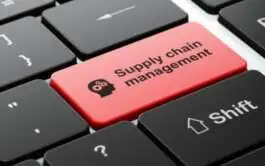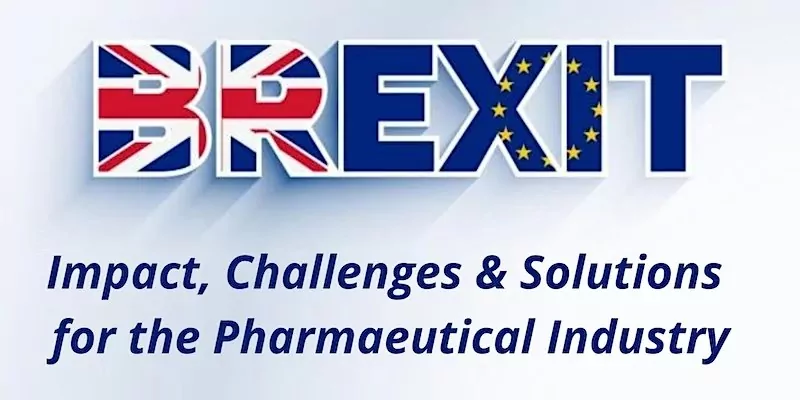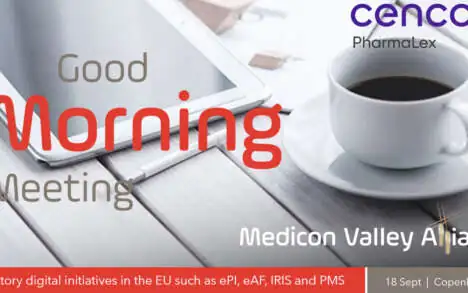About this event
A joint event hosted by PDA Ireland and PDA UK where you will hear from industry stakeholders & share experiences with participants.
This conference will bring various stakeholders together to take stock of the impact Brexit has had & continues to have. We wish to provide viewpoints from as many of the stakeholders as possible including companies like yours. It will be a unique opportunity for those impacted to meet to share experiences, and for participants to hear what works well, see where improvements are needed and to ask questions.
Date and time
Fri, 23 September 2022
08:00 – 17:00 IST








